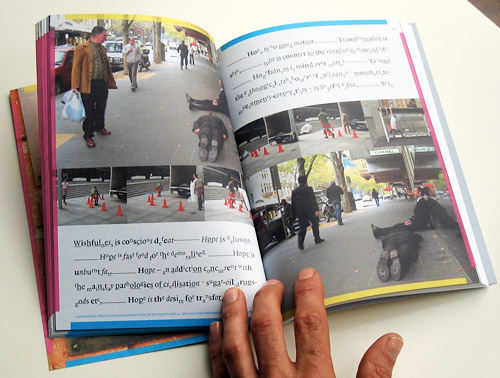Today I stumbled across a small booklet published in 1945 called We breed the Platypus written by local naturalist David Fleay. The introduction was written by Alec H Chisholm, F.R.Z.S., who refers to Fleay as the 'god-father' to the first platypus born in captivity.
The language of Chisholm is what is most interesting about this introduction. Chisholm obsesses with Fleay's noteriety as he does with a shy Australian mammal's global image.
Fame, of course, usually selects her subjects in more or less orthodox fashion, but occassionally she indulges a whimsy and makes her choice on novel lines.
Chisholm introduces to us the platypus in terms of her gradual shift from monist indigenous being, to invader's hoax, to spectacular zoological curiosity and worthy of civilised scholary investigation.
Aborigines had stated that the animal actually burrowed into the ground for breeding purposes and laid soft-shelled eggs, and a number of white men had made the same claim. But no definitive evidence on the point was forth-coming until as late as 1884.
Chisholm notes that English zoologist, W H Caldwell's "...hard work in the bush" to make the discovery that the platypus actually lays eggs "...caused a major scientific sensation". Then he gets to the crux of what this post is about:
As the years rolled on the platypus continued with persistence worthy of a film star, to keep itself in the news.
In 1927 the first book about the platypus was written by actor turned naturalist Harry Burrell. Earlier Burrell took five 'water-moles' to America, and for the one that survived the voyage, for a mere forty-nine days in the New York Zoo, the authorities declared that the $1400 it cost and the interest it aroused was "fully justified".
Chisholm's invader's voice speaks for itself. A voice we have inherited without acknowledging the subtext. Today academics speak of post-industrialism and post-colonialism but the attitudes that exploit and colonise go on unchecked, as if celebrity culture has delivered us from the cult of the aristocrat.
I can't get out of my mind the poet's words: "Our elders are sick". It seems to say everything about how white Australia has, for the most part, ignored Aboriginal eldership and replaced it with abstraction and mediation.

1 comment:
Weird
Post a Comment